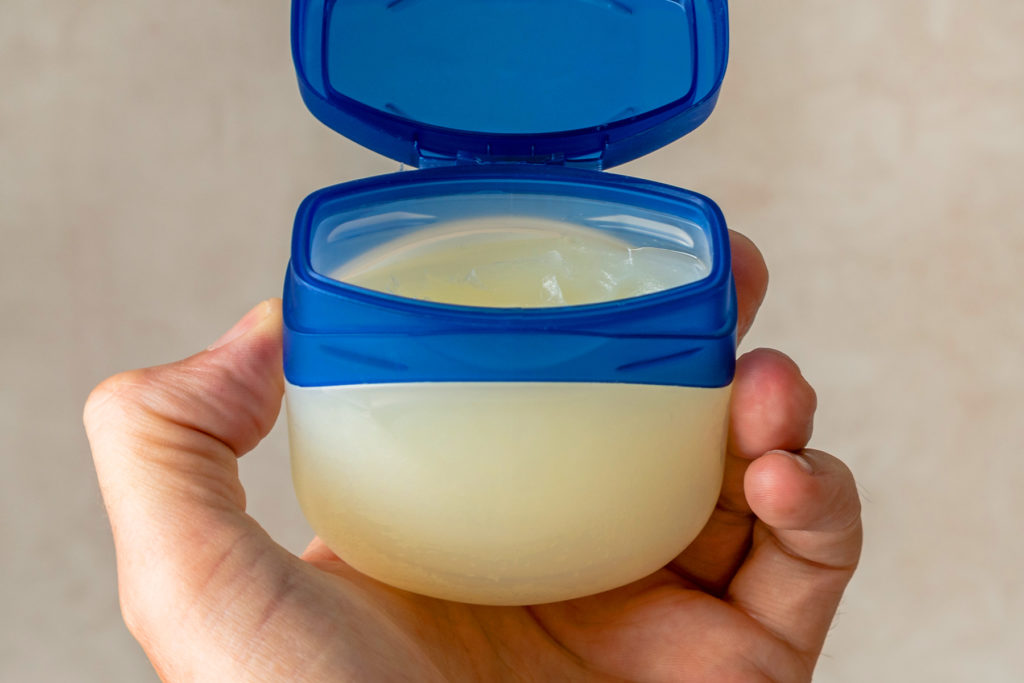An unhealthy vagina can affect a woman’s fertility, sexual libido and orgasm. It leads to serious reproductive issues and other health complications.
What constitutes a healthy vagina?
This is dependent on a woman’s age. Although, a healthy vagina has a balanced amount of bacteria, some bacteria are considered good and others, bad. The good bacteria help to fend off infections.
A healthy vagina has an acidic pH and is naturally lubricated. A healthy vagina also secretes little amount of discharge.
Vaginal discharge can be described as fluid released by glands in the vagina. There’s no need to worry about vaginal discharge in fact, it’s perfectly normal. Vaginal discharge helps to prevent infection, carries bacteria and dead cells out of the body.
It is essentially shedding of cervical and vaginal cells. It helps keep the vagina clean. The color, amount and smell vary depending on the time in your menstrual cycle. It also varies between individuals. Most women rarely notice it.
Changes in vaginal odor, color of discharge can indicate an infection. A yellow or green, foul smelling with thick or chunky consistency are abnormal signs. Abnormal discharge is often associated with itching or burning sensation, vulvar or pelvic discomfort.
For a healthy vagina, it is important you follow these 8 steps
1. Maintain a healthy diet
Following a balanced nutritious diet and also drinking plenty of fluids are key factor for a healthier vaginal and reproductive health. A healthy diet helps to prevent infections.

Certain foods have been proven to help in treating vaginal problems. They include
a. Sweet potatoes – Sweet potatoes contain high amount of Vitamin A. This vitamin help build, strengthen and protect the uterine walls and muscles.
b. Kimchi and Yoghurt: These are probiotics that introduce good bacteria into the vagina. They help maintain pH levels of the vagina. They also ward of infections. Yogurt (especially Greek yoghurt) is good to women prone to yeast infections.
c. Cranberry Juice: Research shows that cranberry juice/supplements are helpful if you’re prone to urinary tract infection.
2. Avoid douching
Douching is a method of washing or cleaning the vagina with water or a mixture of certain fluids (vinegar, baking soda or iodine). It is done to eliminate embarrassing odour.

Douching interferes with the normal acidity of the vagina. A normal vaginal pH is about 3.8 to 4.5. Interference with the pH disrupts a healthy vaginal biome — the bacterial makeup of your vagina. Douching may pave way for bacterial infection. Using harsh soaps or cleansers on the vulva or inside the vagina, also disrupts the pH balance.
Tip: if you notice your vagina has a strong or unpleasant odor, see your doctor; a douche will only mask the smell without curing the problem that’s causing it.
3. Safe sex
Safe sex involves using condoms correctly to prevent the risk of most sexually transmissible infections (STIs) and unwanted pregnancy. These sexually transmissible infections spread via sexual contact: vaginal sex, oral sex or anal sex.
Symptoms often include
- Painful or frequent urination
- Vaginal bleeding between periods
- Yellow discharge from the vagina or urethra
- Rectal pain, discharge or bleeding
Sexually transmitted diseases such as HIV, syphilis, gonorrhea, genital warts, chlamydia and genital herpes are transferred via unprotected sex. Most STI have no cure for example HIV and genital herpes while others are known to be cancerous. The virus responsible for genital warts, Human Papilloma Virus also causes cancer.
Always change condom when switching from oral or anal sex to vaginal sex – to prevent the introduction of harmful bacteria into the vagina. Avoid sharing sex toys.
4. Treat Infections Early
Most drugs, creams that can tat these infections are sold over the counter. The key is recognizing the symptoms early to ensure right diagnosis. Infections such as bacterial vaginosis and trichomoniasis can lead to unpleasant, painful and serious reproductive health problems if not treated on time. It’s important to note that if you’re already suffering from vaginal infections, you’re more prone to contract HIV, if exposed. Also, women who have poorly controlled diabetes or are infected with HIV can experience recurrent yeast infections. if your prone to any type of these infections and you can recognize these symptoms early it’s okay to treat to early.
5. Avoid using petroleum jelly as a lubricant

All women produce vaginal lubrication occurs naturally during female arousal, but some women do not produce enough natural lubricant. Lubrication is an important part of intercourse – the skin of the labia and vagina can become severely irritated and sore if not present. Hence, an artificial lubricant should be used to reduce friction and to enhance sexual pleasure.
Never put petroleum jelly or baby oil inside of your vagina. Petroleum jelly is an oil-based ointment. it weakens the latex in condoms, making them more likely to break or less effective. It is difficult to wash or clean away after sex, causes inflammation and increases the chances of developing a bacterial infection. Damage to latex condoms can also increase chances of pregnancy and STI’s.
Instead use a water-based lubricant such as KY Jelly. If you need a little lubrication, use a silicone-based or oil-based product if you are experiencing more dryness.
Its important to note that certain lubricants can interfere and disrupt the sperm and make it difficult to conceive – use a pH balanced product like Pre-seed if that’s the case.
6. Develop a Good Hygiene

Having good hygiene can go a long way in protecting the health of your vagina. For example, after a bowel movement (going to the toilet) wipe from front to back to avoid bacterial contamination of the vagina and to lower the risk of bladder infection.
Other good female hygiene practices include:
- Use warm water to wash your vulva. Clean with a clean cotton towel.
- Avoid douching unless your doctor prescribes it. Douches upset the natural balance of your vagina.
- Avoid wearing thong. It could irritate your vulva.
- If your prone to infection or have sensitive skin, manmade/artificial fibers such as acetate, nylon etc can easily irritate your vulva. Wear only cotton based underwear.
- Wash your new underwear before wearing
- Do not wear an undergarment more than once before washing
- Always use a mild soap for washing, avoid detergent that contain enzymes such as amylase, lipase, cellulase.
- Avoid fabric softeners
- Use only white soft toilet tissues.
- Double rinse your underclothes before drying
- Avoid using excess laundry detergents
- Use tampons. Avoid using deodorant tampons or using a tampon for a very long period of time before changing.
- Take your bath regularly. At least 2 times daily.
- Avoid wearing panty hose or panty girdles that trap heat and moisture. For example, wearing nylon creates an environment suitable for microorganism, instead wear those made from cotton.
- Avoid scratching your vagina. Constant itching is a sign of STI.
- Avoid hygiene products, that irritate your vulva. This includes scented oils, bubble baths, talc, powder or bath oils.
7. Choose your underwear/panties wisely

A clean and dry vagina no matter what you wear is crucial for vaginal health. Some types of fabrics and tight-fitting clothing help to create a warm and moist conditions in which yeast and bacterial infections can thrive. Wear breathable cotton underwear and avoid thongs if you can. If you’re prone to yeast infections, quickly change out of wet swimsuits and sweaty workout clothes when you’re done.


